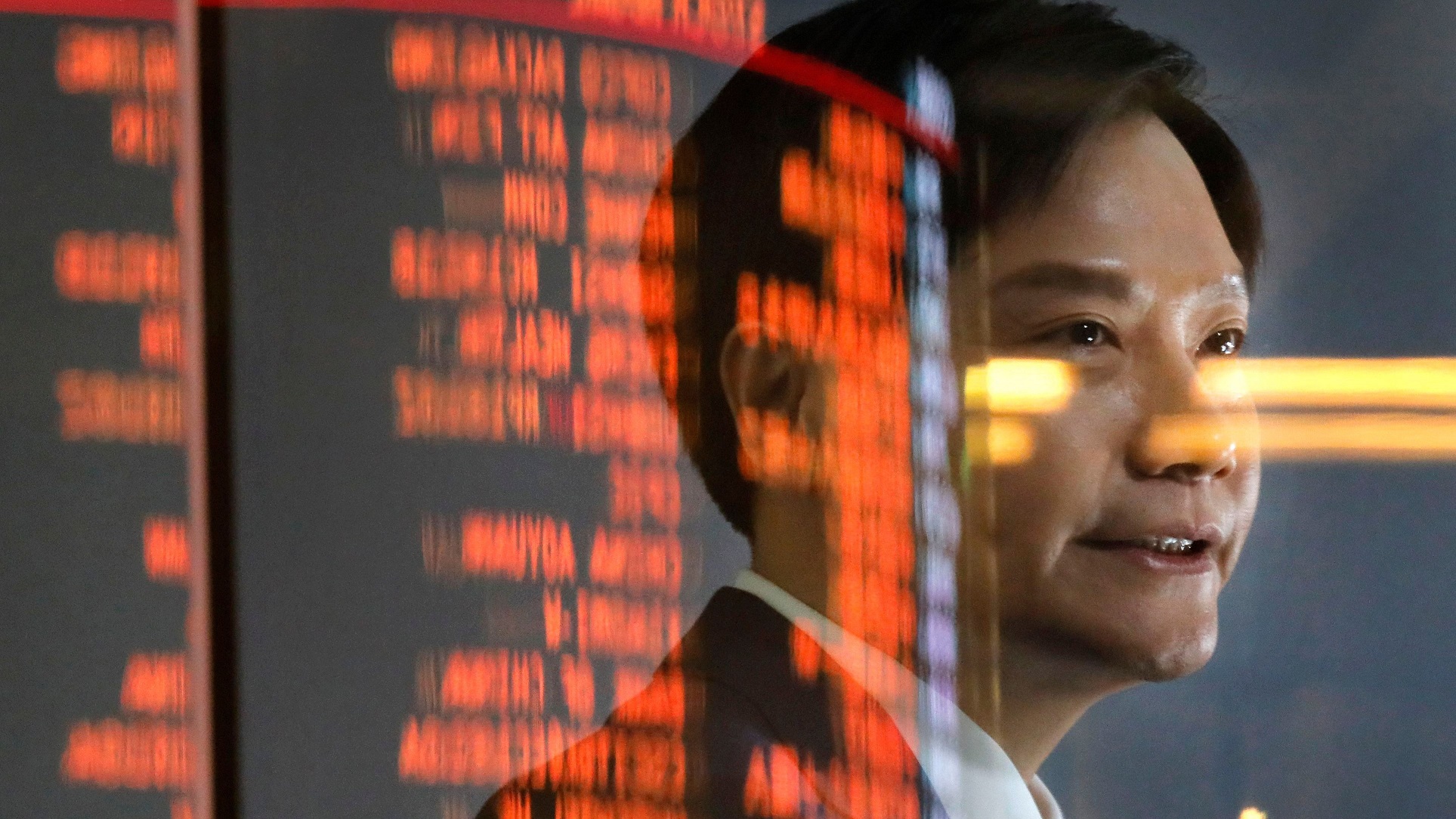RISE: China’s Tech Sector Squares up to Silicon Valley
By Patrick Frater
LOS ANGELES (Variety.com) – China’s surging strength in digital innovation is expected to put the Middle Kingdom ahead of the U.S. in tech terms — if it has not done so already — delegates at the Rise conference in Hong Kong were told on Tuesday. That has the potential to further stoke the U.S.-China trade war that got under way last week.
“My American colleagues are living in a bubble thinking that Silicon Valley is leading, but in many sectors they are completely wrong,” said Edith Yeung, partner at investment firm 500 Startups. “This can be quantified in terms of merger and acquisition activity, fund raising, (venture capital) exits, or the number of unicorns.” Unicorns are defined as unlisted startup companies with valuations exceeding $1 billion.
Speaking on the sidelines of the conference, Yeung predicted that China will have more unicorns than the U.S. within five years. China’s Ant Financial, with a recent valuation of $150 billion, is already the world’s largest, ahead of Uber, which was valued at $69 billion in December 2017 (and which ceased operations in China by selling its business to another Chinese unicorn Didi Chuxing.) No longer a unicorn, smartphone maker Xiaomi became the biggest IPO of 2018 when it launched on the Hong Kong Stock Exchange on Monday. Its shares initially stuttered, but Tuesday rose 13% to close at HK$19, compared with their HK$17 sale price.
Hans Tung, managing partner at GGV Capital, attributed China’s tech to intense competition between its leading tech conglomerates, simultaneously across multiple sectors. Competition between Google and Amazon, he said, does not match the multi-faced rivalry between Alibaba and Tencent in China. “We expect competition to increase in the U.S.,” Tung said. He also said that the work rate of Chinese investors is unmatched in Silicon Valley.
In a separate seminar discussing tech leadership, investors and executives were more nuanced.
Bessie Lee, founder of Withinlink, said that China has pulled ahead of the U.S. in the way that its companies have incorporated social media as the backbone of many applications and services. But She said that Cjina lags in terms of privacy protection for users.
Harry Hui, founder partner at investment firm ClearVue Partners, argued that the U.S. still has an overall lead in terms of technological development, but said: “Chinese companies are seeing exponential growth in application, due to a vast domestic market, massive data access, and their speed of innovation.”
Lei Chen , CEO of Xunlei and OneThing Technologies, said: “China is behind (the U.S.) in many technologies, but it has the opportunity to overtake in Blockchain and artificial intelligence.” He added that the Chinese government’s light regulatory touch has facilitated innovation and experimentation, with regulation only tightened once a technology becomes mainstream. In recent months, the government has outlawed virtual currencies, but is remains encouraging development of technologies that use Blockchain’s dispersed ledger system.
Many in China increasingly believe that the series of tariffs on Chinese goods, announced, and now beginning to be implemented, by Donald Trump’s government, have less to do with trade imbalances, and more to do with next generation technologies. U.S. policy may be intended to derail the Chinese government’s three step Made in China strategy, which was unveiled in July 2017, and calls for Chinese companies to modernize manufacturing, move up the value chain, and become the dominant power in A.I. by 2030.
“The Hawks in the White House believe the issue is that China wants to overtake the U.S.. These tariffs do not target low level consumer goods, they target electronics and machinery which are the means which China wants to go up the technology ladder,” China analyst Mark O’Neill told Hong Kong media on Monday. He said the policy has attracted unwanted attention and must now be publicly played down. “Chinese media has been instructed to report much less on China’s economic ambitions.”

